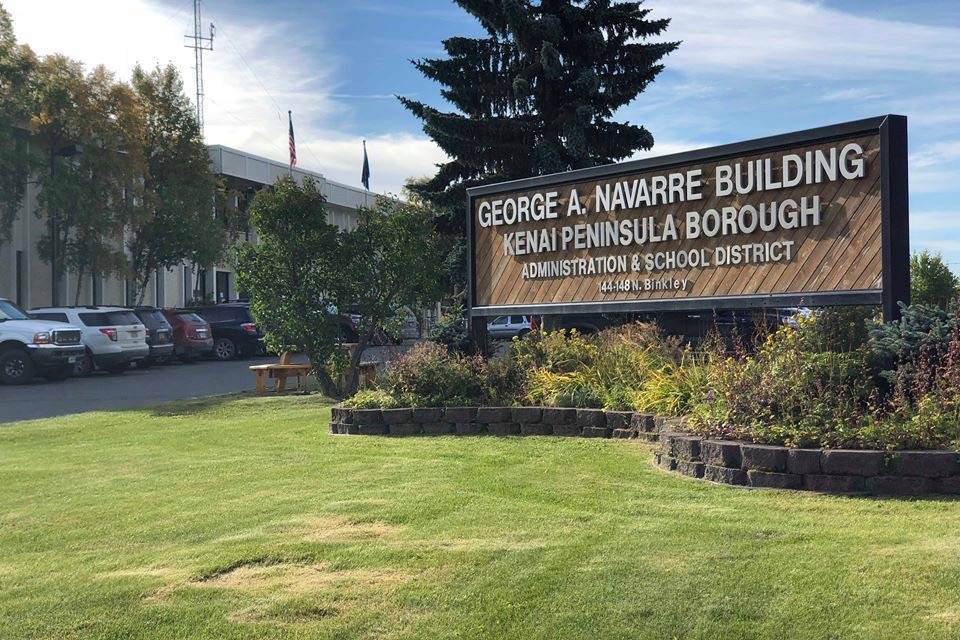During its Tuesday meeting, the Kenai Peninsula Borough Assembly will discuss and vote on an ordinance increasing the maximum amount subject to borough sales tax from $500 to $1,000.
The ordinance to increase the maximum amount subject to borough sales tax was introduced by Mayor Charlie Pierce and assembly member Kenn Carpenter.
The ordinance is aimed at maintaining future fund balances, according to the ordinance document.
“Due to the continuing uncertainty about state and local revenues, the decline in state assistance to municipalities, the increasing loss in property tax revenues to the borough from exemptions on real property, and increasing reliance on borough funding for the school district, the borough must take steps to maintain its unrestricted fund balance into the future within financially prudent and responsible parameters to enable it to fund the services and public education programs as desired by borough residents,” the document said.
In a July 25 memo to the assembly, Borough Finance Director Brandi Harbaugh said estimates indicate the increase would generate approximately $3.1 million to $3.4 million annually in borough revenue.
“Which would help to protect the unrestricted fund balance in future years at current borough spending levels.”
Currently, the borough’s sales tax is only applied to a maximum of $500 per sale, rent or service transaction. This sum was enacted in 1965, and never adjusted for inflation or otherwise. The ordinance states the value of $500 in 1965 would have been equal to $3,195 in 2018, according to the Alaska Department of Labor Anchorage Consumer Price Index inflation.
The ordinance would keep the sales tax cap to $500 on rents, since an increase in the overall cap would disproportionately affect tenants.
“Affordable rental housing is important for the borough and its residents, and the borough’s best interests would be served by keeping the cap on residential rentals at $500 per month,” the ordinance document states.
The ordinance does not specify how much additional revenue would be generated from the increase. The additional funds would go to support local education and general borough government purposes, the document states.
The public hearing on this issue will be at Tuesday’s meeting, and if approved, would find its way on the October ballot for the voters to decide. If approved by voters, the increase would be effective Jan. 1, 2020.

